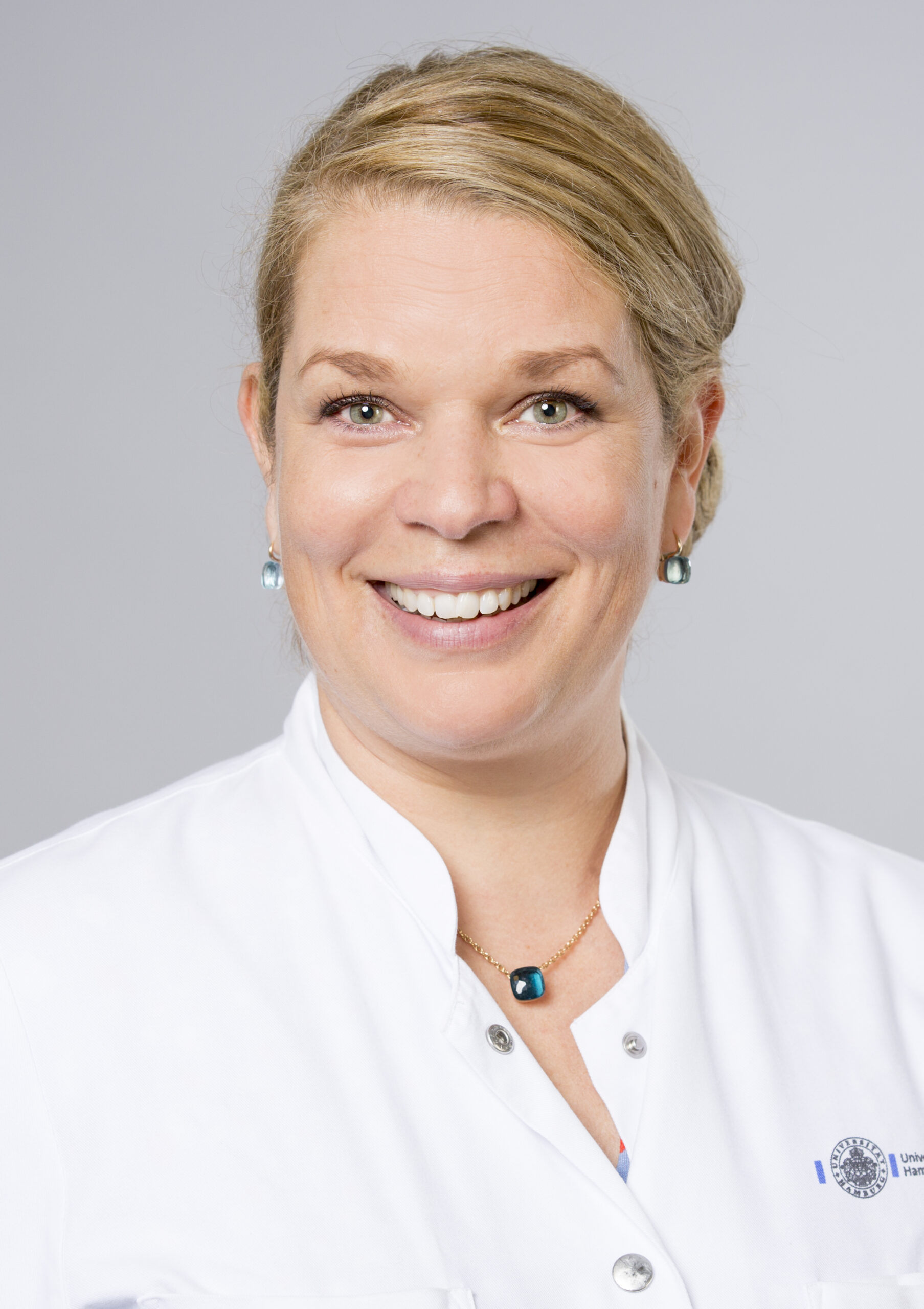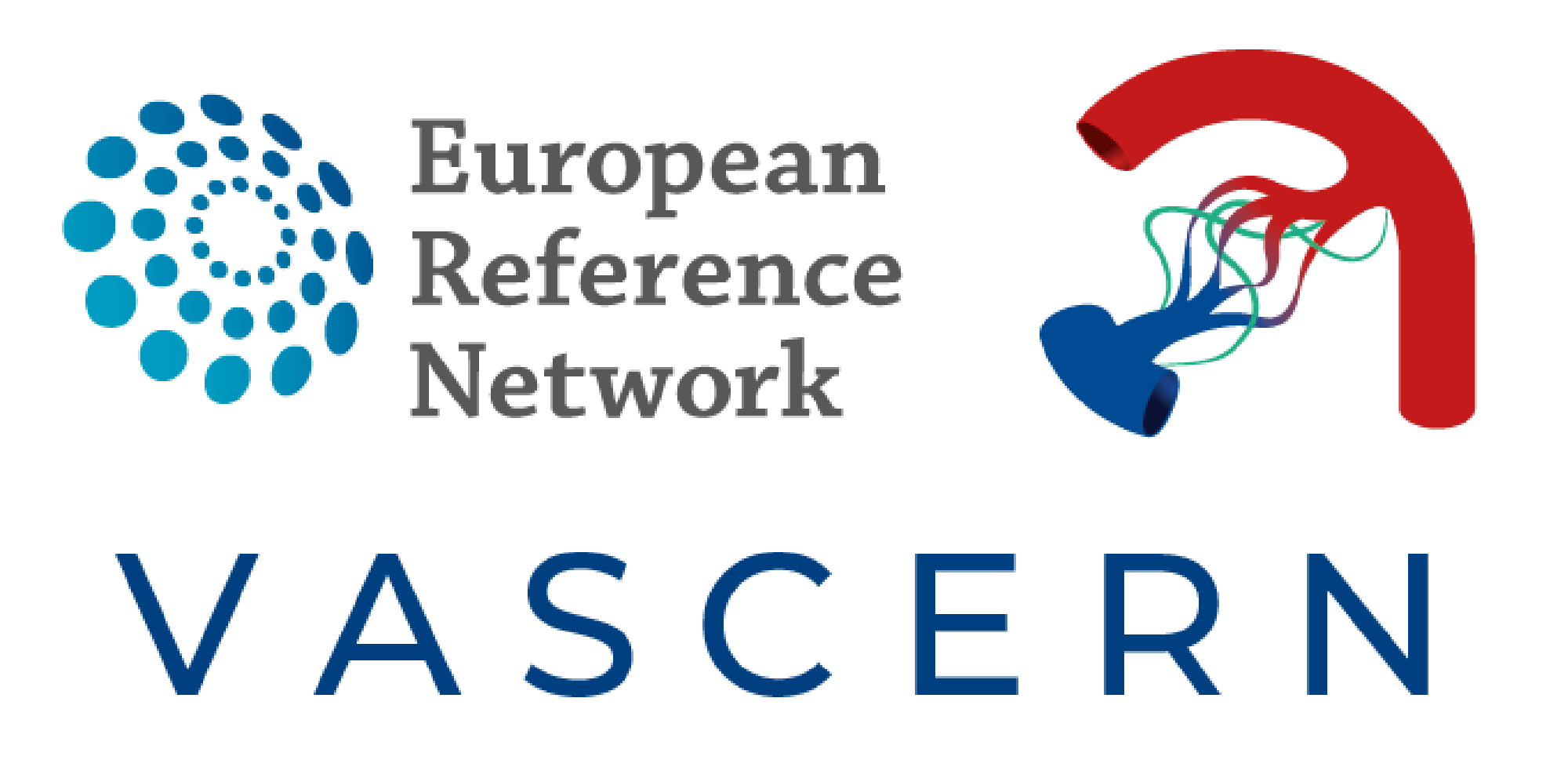
In this VASCERN Exchange Programme interview, we are thrilled to interview Dr. Meike Rybczynski from the University Medical Center Hamburg-Eppendorf in Hamburg, Germany. Dr. Meike Rybczynski is a member of the Heritable Thoracic Aortic Disease (HTAD). In this article, she shares her objectives for the exchange programme and the valuable insights she gained during her experience. The exchange took place at APHP Hôpital Bichat in Paris, France, under the guidance of Dr. Olivier Milleron.

1) What is your medical speciality?
I am a board certified cardiologist with a special interest in HTAD. I am also qualified in genetic counselling, psychocardiology, terminal heart failure, heart transplantation, and artificial hearts.
2) What motivated you to participate in the VASCERN Exchange Programme?
I work at one of the largest German HTAD centres, and we receive trainees from all over Germany. Given the growing HTAD population at our centre, we were faced with the need to rethink and restructure our procedures and patient pathways. I was curious to see whether other healthcare systems face similar challenges or provide different advantages. It was a privilege to have the opportunity to attend Hôpital Bichat and exchange ideas with colleagues through the VASCERN exchange programme.
3) What were your goals and expectations for the exchange programme?
Thanks to Dr Milleron’s generous invitation, I was able to observe all the different disciplines in the outpatient clinic. I was particularly interested in how the structure and organisation of the clinic, as well as the way information from different disciplines can lead to a transparent and consented plan for therapy. Alongside this, I was keen to explore documentation processes and how information is communicated to patients.
4) How did the host institution support your learning and integration during your stay?
I was deeply impressed by the warm and welcoming atmosphere in the department. I participated in patient consultations, with everyone’s consent, and attended the midday staff meetings. I started with the cardiology consultations, which represent the final step for each patient. Dr Milleron guided me through the pathways, documentation processes, and his approach to personal and respectful conversations. In the genetic counselling sessions, I observed excellent skills in taking patient histories, identifying aortic events, and continuing family screening.
5) Were there any particular cases or interactions that stood out during your exchange?
The most memorable aspect of the exchange was participating in team meetings, where all information was gathered, discussed, and used to reach a well-coordinated, interdisciplinary decision. Personally, this experience will stay with me.
6) What differences in healthcare approaches did you observe?
Germany is a federal organised country, so patients tend to travel only within their region to seek care, and healthcare provision can vary a lot even between different university hospitals. In France, with a more centralised approach, it seems more feasible to provide comprehensive expertise in one location on the same day. This is something we need to work towards, establishing a more uniform approach across all centres. Nevertheless, in Germany, special reimbursements for rare diseases allow for greater capacity in diagnostics, such as MRI and/or CT scans.
7) What key takeaways do you plan to implement in your practice?
During my stay, I discussed my observations with my colleagues back home and spent the evenings working on new concepts for genetic counselling and social work. We are now in the process of establishing regular meetings with all participating disciplines to discuss new cases and make complex decisions.
8) Would you recommend the exchange programme, and why?
I absolutely underestimated the amount of drive and change of perspective this exchange had on me. It really broadens your view of your own procedures and structures and, in my case, led to some really crucial new insights. I highly recommend this programme to everyone! And thanks again to the entire team at Hôpital Bichat for having me!

